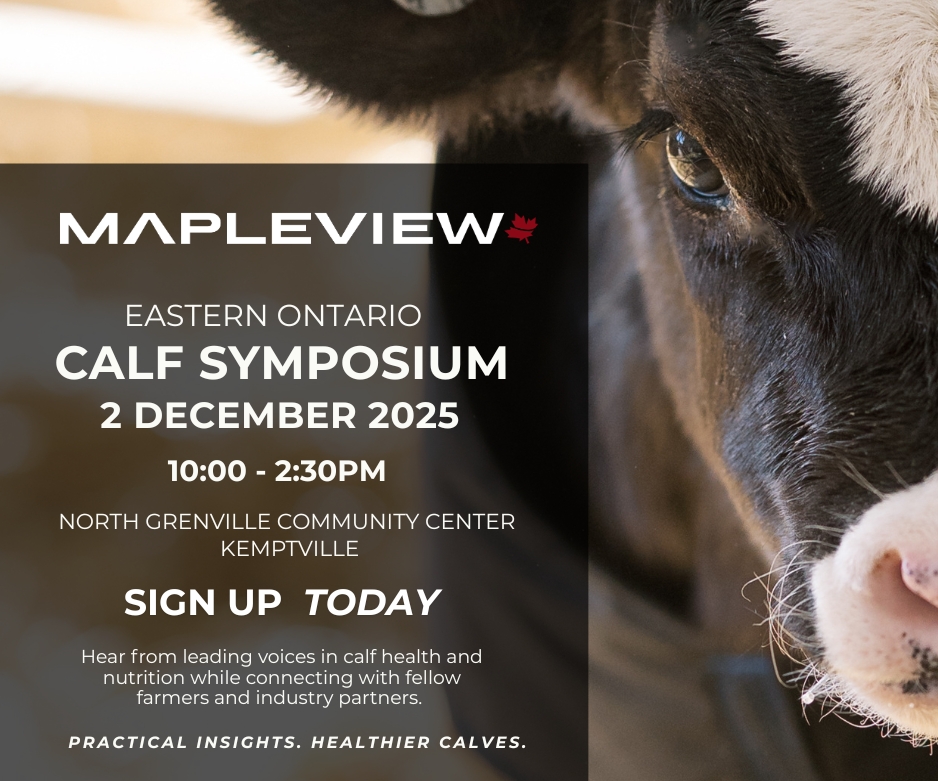Farming has been the backbone of society for as long as there has been grass huts in a small village on an ancient grassland.
Everything begins with food, how to grow it, how to prepare it and cook it.
You begin the long journey of agriculture with a small bit of land with some wild cereals growing on it and then a few thousand years later you have an Ontario farm dealing with a global marketplace. Local weather and political decisions that may or may not impact on the farm.
In modern day rural Ontario, there are countless issues being left unchallenged.
With a provincial election slated for this summer, now is the time to check out what issues are affecting Ontario agriculture, and what kind of political solution, if any they can expect from their politicians.
There are the issues of maintaining a healthy marketplace in the face of the fallout from the pandemic and the confusion and flaws in our supply chain.
Is there enough labour to get the raw materials of food from the farmer’s field to your table. Will the food be affordable? Will it arrive in big cities in an effective fashion to a grocery store near you?
Input costs in the form of fertilizers and raw energy are starting to cause problems all over the agricultural sector.
If the costs get too high and a farmer cannot make a living, what will happen to our supply of food that may be too expensive to buy?
As urban areas look to expand as their population increases, is the political will to protect precious farmland?
Farmland becomes an apartment building, then a farmer has to find more land by clearing existing farmland which then causes urban residents to question how that land is cleared.
One action creates another.
Sound rural infrastructure is crucial in making sure the farmer is able to get his or her produce to market.
Municipalities have to spend millions on roads to make sure their former urban residents, who have moved out to a rural area can get back into work in the big city.
Farmers have to accept the fact that in order to deal with the many challenges they are confronted with, they have to become more involved in what their local councils are doing. The idea is not to be a thorn in a local council’s side, but simply to be informed and aware about local situations that may impact the local farming community.
From farmland preservation, to clearing land to cover crops and preserving the integrity of their soil, farmers must remind themselves to be aware of what provincial candidates are willing to do for Ontario’s agricultural industry.
There are so many issues to think about. Animal welfare and land stewardship, agricultural economic government policies and an effective labour policy are just a few topics provincial candidates had better brush up on.
Agricultural education is another issue begging for a solution; producing a skilled agricultural worker does not happen by accident and some hope that the province will come up with more programs aimed at helping the next generation fit into an agricultural landscape.
When this election’s slate of provincial candidates come around to get your vote, please remember, and do not be shy about asking them about whatever your issue is.
There are many issues to pick from and there are solutions out there.
Maintaining the balance between rural agricultural expectations and urban lifestyles and growth is what will make selecting a candidate that you are comfortable with, a challenge.
The more you ask, the more you will know and the more information you will have to make that election decision with.
Joseph Morin








